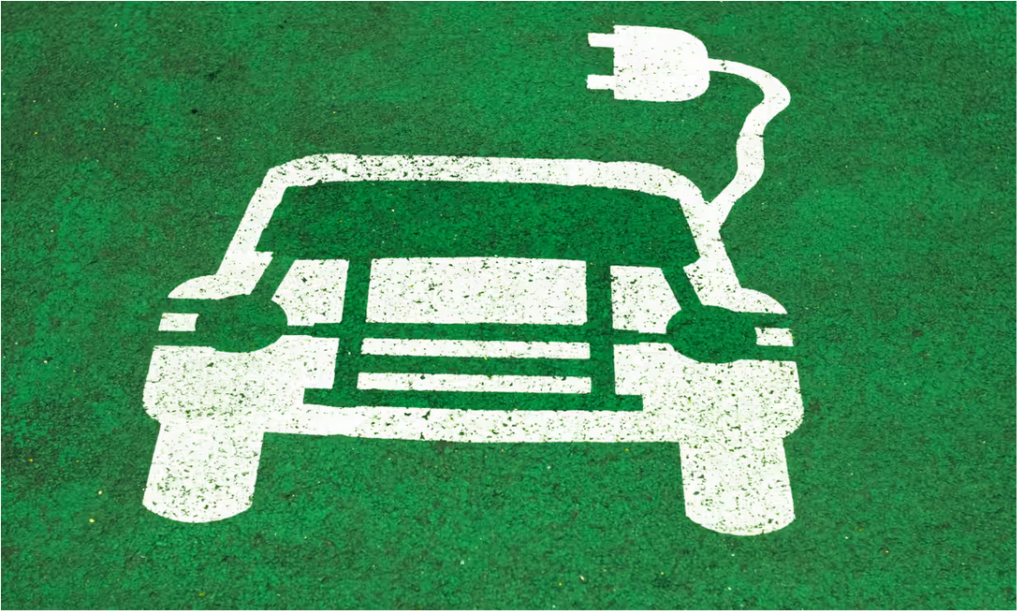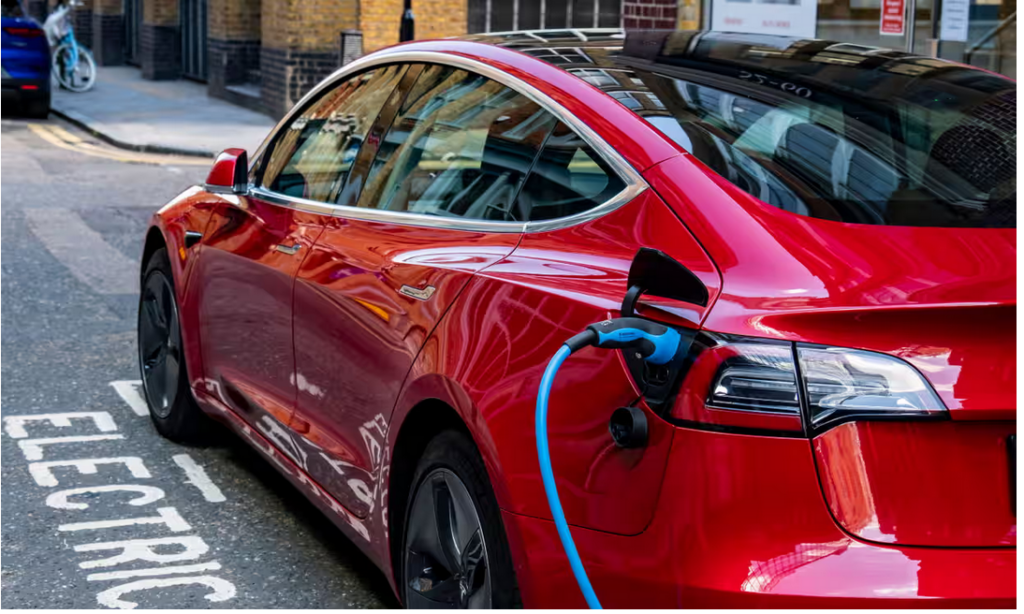In recent weeks, concerns about the safety of electric vehicles (EVs) have been reignited following a fire at Luton airport. Despite authorities quickly dispelling rumours of an electric car being the culprit, the speculation lingered, highlighting persistent misconceptions surrounding EVs and their potential fire risks.
Two main assertions circulate in discussions about electric car fires: first, that fires are more prevalent in EVs, and second, that when they occur, the damage is more severe. Such claims, if substantiated, could have wide-ranging implications, from the need for larger parking spaces to increased insurance premiums for EV owners.

The science: Dispelling the myths
Amidst the millions of electric cars traversing roads worldwide, emerging data suggests that electric vehicles are not more prone to catching fire than their traditional petrol or diesel counterparts. Experts emphasize that the opposite may be true, with EVs proving to be much less likely to ignite.
Colin Walker, Head of Transport at the Energy and Climate Intelligence Unit think tank, notes that many fires involving petrol or diesel cars often go unreported, skewing perceptions. Various factors contribute to vehicle fires, including battery malfunctions in EVs and electrical faults or overheating in traditional combustion engines.
In Norway, a country with a high proportion of electric car sales, statistics reveal between four and five times more fires in petrol and diesel cars compared to EVs. The Swedish Civil Contingencies Agency supports this trend, reporting 3.8 fires per 100,000 electric or hybrid cars in 2022 versus 68 fires per 100,000 cars of all fuel types.
Australia’s Department of Defence-funded study, EV FireSafe, found a minuscule 0.0012% chance of a passenger electric vehicle battery catching fire, significantly lower than the 0.1% chance for internal combustion engine cars.

Even Elon Musk’s Tesla, a major player in the EV market, claims that the number of fires involving Teslas from 2012 to 2021 was 11 times lower per mile than for petrol or diesel cars on US roads.
While statistical evidence suggests a lower likelihood of electric car fires, concerns arise when such incidents do occur. Videos depicting EVs as furious infernos contribute to the belief that they are inherently more dangerous. Professor Paul Christensen from Newcastle University, an expert in electrochemistry, highlights the risks associated with lithium-ion batteries, particularly in electric scooters and bikes from less-regulated manufacturers.
Christensen emphasizes the dangers of “vapour cloud explosions and rocket flames” when gases burst out of cells, painting a grim picture. Firefighters face additional challenges with battery fires, requiring more water, burning hotter, and having a higher likelihood of reigniting.


The Verdict: Probability vs. perception
Despite the increased danger once a battery fire starts, the probability of being caught in an EV fire appears significantly lower than for traditional petrol or diesel cars based on available data. As the automotive landscape shifts towards electric mobility, continued research and public education are essential to dispel myths and ensure a balanced understanding of the safety implications associated with electric vehicles. While concerns may evolve as more people adopt EVs, the current evidence suggests they pose no greater fire risk and may be a safer alternative to traditional combustion engines.








